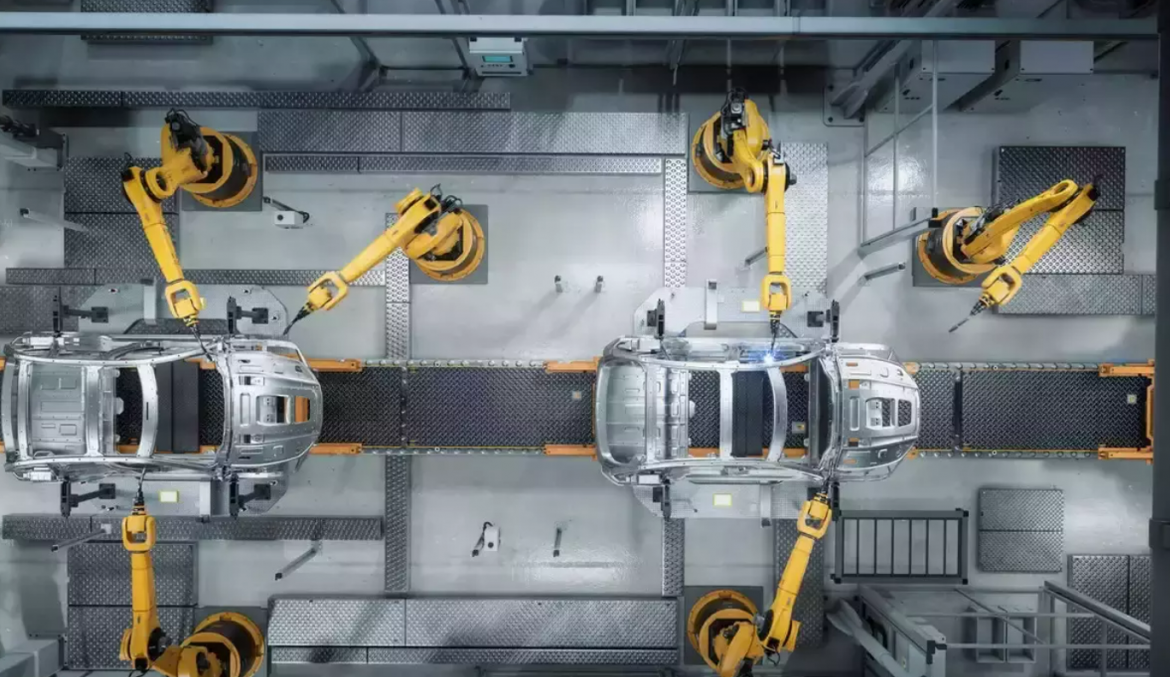New Delhi: The Indian government is actively working on a policy to bolster the local manufacturing of electric cars. This strategic decision is expected to level the playing field for the electric vehicle (EV) industry in India. The key objective of this move is to generate more employment opportunities and, subsequently, make EVs more affordable for consumers, according to media reports.
DPIIT’s Role and Subsidy Scheme
The Department for Promotion of Industry and Internal Trade (DPIIT) is at the forefront of these efforts and is currently in discussions to introduce a subsidy scheme for electric four-wheeler manufacturers. Under this scheme, subsidies will be granted based on the investments made by these manufacturers in producing electric vehicles within the country. Senior officials familiar with these developments have confirmed the ongoing discussions, as reported by media outlets.
According to a government official quoted in the media report, this new scheme differs from FAME II (Faster Adoption & Manufacturing of Electric Vehicle), which primarily offers upfront subsidies to consumers. Instead, the proposed scheme focuses on providing manufacturing incentives to carmakers, encouraging local production.
Quantum of Investment and Scheme Details
The government is now considering the specific investment threshold that car manufacturers must meet to become eligible for benefits under this scheme. While the policy is still under development, the central government is carefully considering the financial allocation required for its implementation.
Impact on the Shifting Auto Industry
This development is significant, given the ongoing transformation in the automotive industry as it strives to create vehicles compatible with alternative fuels. Notably, global car manufacturers like Tesla and VinFast, along with local industry giants such as Maruti Suzuki, Hyundai Motor India, Kia, Tata Motors, and Mahindra & Mahindra (M&M), are actively planning to introduce new electric cars in India.
As this policy unfolds, it could have far-reaching implications for the Indian EV market, fostering local manufacturing and accelerating the adoption of electric mobility.



